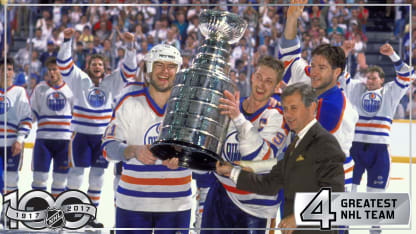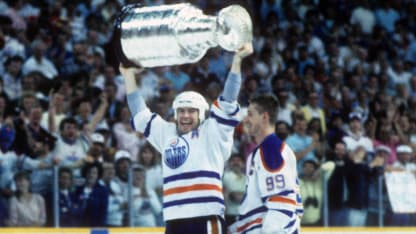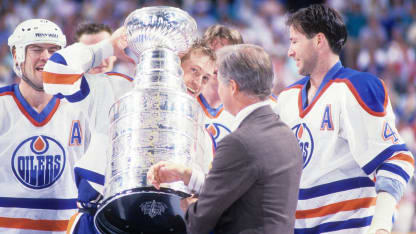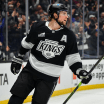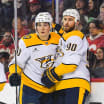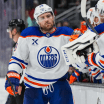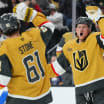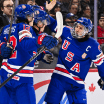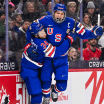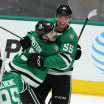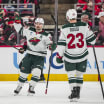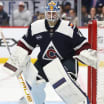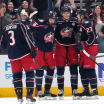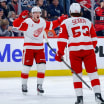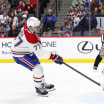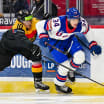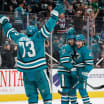For the first time since 1980-81, Edmonton failed to finish first in the Smythe Division (coming in second, six points behind the Calgary Flames) to reach 100 points, and to lead the NHL in goals. Part of that was related to an injury that limited Wayne Gretzky to 64 games. But if that makes these Oilers seem like merely a very good team, but not one of the best ever, consider this: They continued evolving in some very essential ways that season, becoming the second-best defensive team in the Campbell Conference while boasting the second-best offense in the League.
1987-88 Edmonton Oilers roster
"As we matured as players and as a team," Gretzky told NHL.com, "we came to understand that if you're going to win a Cup, you've got to win that 2-1 or 3-0 game."
The Oilers parlayed those changes into a dominant postseason, cruising to their fourth championship in five seasons with a 16-2 record. They swept the Presidents' Trophy-winning Flames in the Smythe Division Final and the Boston Bruins, the third-best defensive team in the NHL, in the Cup Final.
RELATED: Top 10 Greatest NHL Teams
The trade to the Pittsburgh Penguins of record-setting defenseman Paul Coffey, who had refused to report because of a contract dispute, forced the Oilers to change.
"We couldn't run and gun as much because we didn't have Paul," Gretzky said. "Paul could pass the puck from behind his own net to center ice maybe better than any defenseman who ever played the game. So we had to play a little bit different style. It was a tough transition."
Augmenting the likes of Mark Messier and Kevin McClelland, the Oilers became even more physical by giving larger roles to tough forward Marty McSorley and rugged defensemen Steve Smith and Jeff Beukeboom. In trading Coffey, they acquired another big forward, Craig Simpson.
"Simpson was a perfect fit to play with [Glenn] Anderson and Messier," Gretzky said. "He didn't carry the puck a lot; he just worked in the corners and dug the puck out for those guys and went to the front of the net and battled as hard as anybody."
A second big change came in net, with backup goalie Andy Moog traded to Boston on March 8, 1988.
Grant Fuhr produced a Vezina Trophy-winning season, leading the NHL in games and minutes played, victories, shots faced, and saves, and tying for the lead in shutouts. He also had eight assists.
